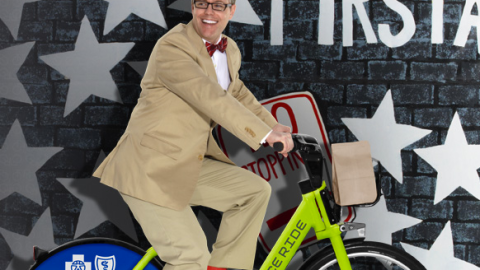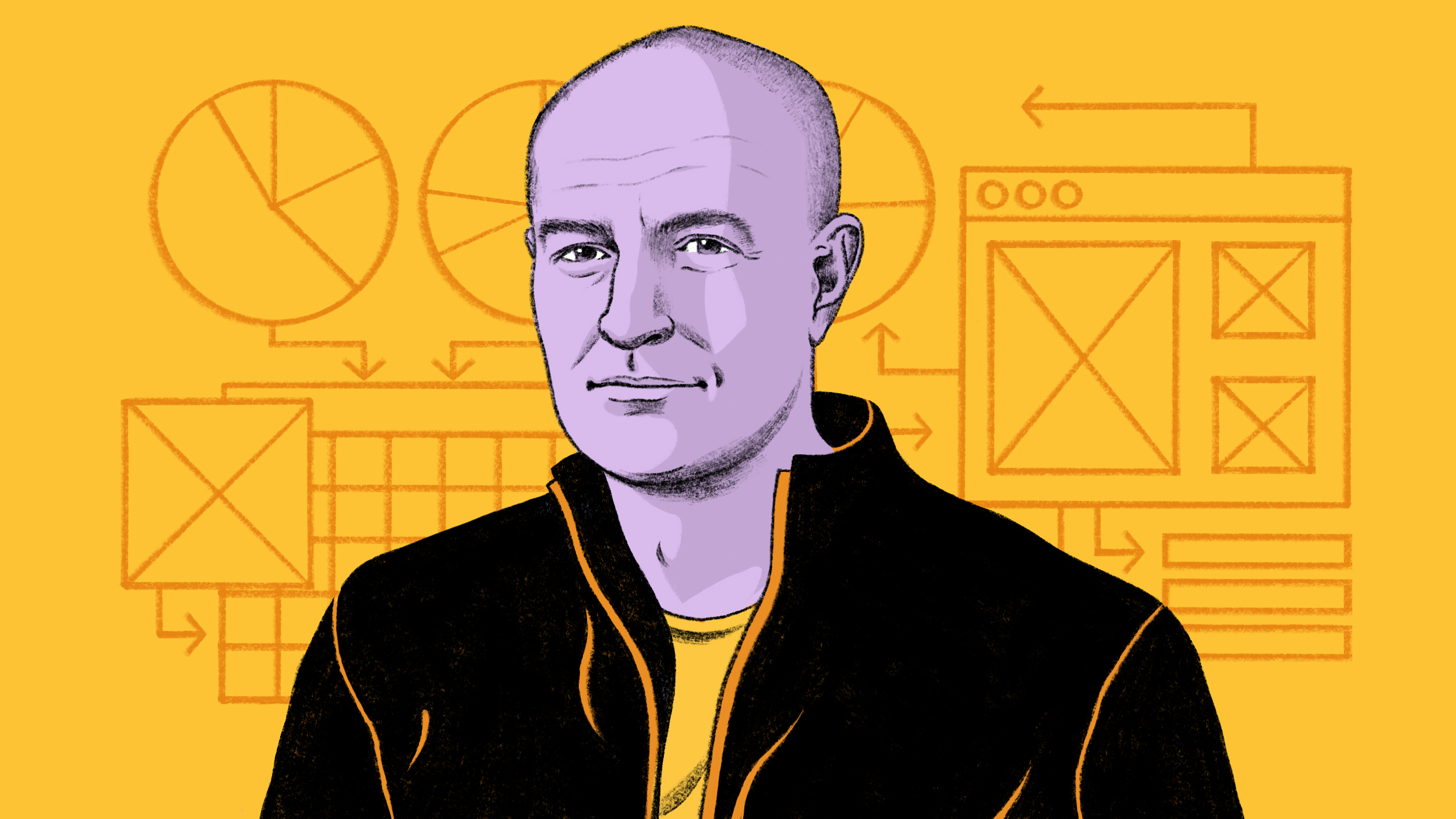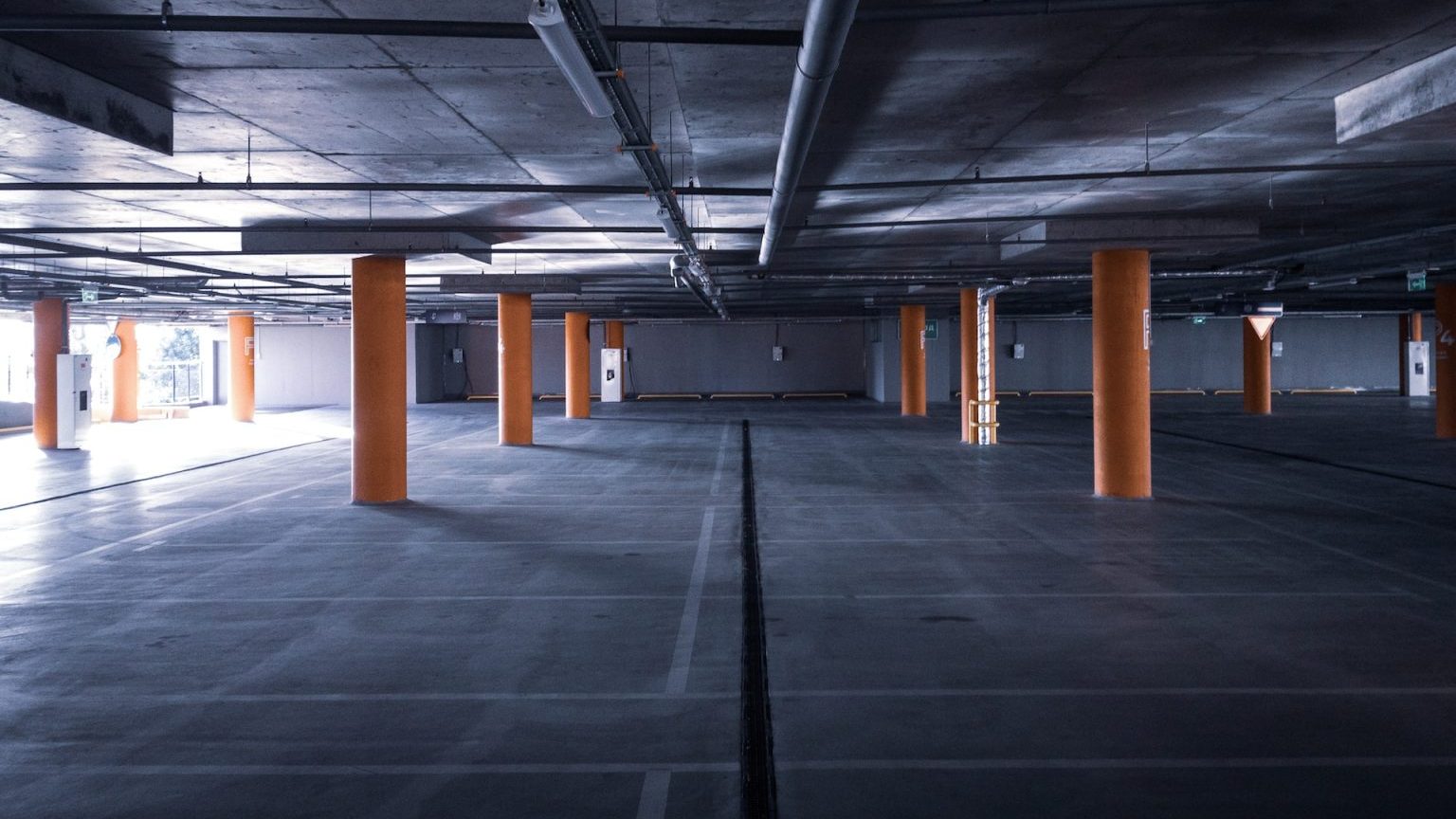Bike-Sharing: A Ray of Hope for Sustainable Urban Transportation

Over the past few years, bike-sharing systems have gained popularity around the world, experimenting with different models of building a sustainable mode of alternative transportation – from the ad-supported models of Europe’s three largest bike-sharing systems in Paris, Barcelona and Lyon, to Montreal’s user-funded program. In the US, however, cities have been slow to implement a bike-sharing program, despite many of the country’s largest cities – from Boston to Chicago to Philadelphia to New York – pushing and lobbying to get efforts off the ground, some since the early 2000’s. But this year, things are looking up.
On Earth Day, Denver launched its B-Cycle program with 500 bikes and 50 stations. The bikes, made by Trek, promise a low-maintenance, high-tech experience, with no need for pumping tires or greasing the chain throughout the bike’s lifecycle. Outfitted with sophisticated electronic tracking tools, the bikes record distance, ride duration, calories burned and carbon savings, which users can track on their personal bcycle.com pages. B-cycle plans to extend the service to other cities, inviting people to vote and nominate their cities for implementation.
Last month, Washington, D.C., and Arlington, Virginia, announced a partnership with Bixi, Montreal’s bike-sharing system, setting out to introduce 1,100 bikes and 114 stations on the Washington-Arlington corridor by this fall.
This month, Minneapolis followed suit with NiceRide – a subscription-based bike-sharing program offering 1000 bikes and 60 stations throughout the city. Subscriptions range from $5 for a day to $60 for a year, and the first half-hour of riding is always free – a brilliant way to incentivize people to bike, rather than cab or drive, short distances just beyond walking span. The program takes advantage of Minneapolis’ enviable bicycle infrastructure, offering 43 miles of dedicated bike lanes and over 80 miles of off-street bike paths.
But what remains frustrating is the resistance with which the majority of city governments have approached what’s clearly a resource-saving transportation solution. At the recent TEDxEast event in New York, drop.io founder Sam Lessin made an excellent point about ownership versus shared resourced, arguing that while sharing is a necessity on our way to a sustainable future, the government is fundamentally set up for ownership, which is institutionally ingrained on every level, from our tax system to the real estate market. Change, then, requires a radical institutional rethinking of policy – perhaps something the existence of a Congressional Bike Caucus offers a glimmer of hope for.
Maria Popova is the editor of Brain Pickings, a curated inventory of miscellaneous interestingness. She writes for Wired UK, GOOD Magazine and Huffington Post, and spends a shameful amount of time on Twitter.





